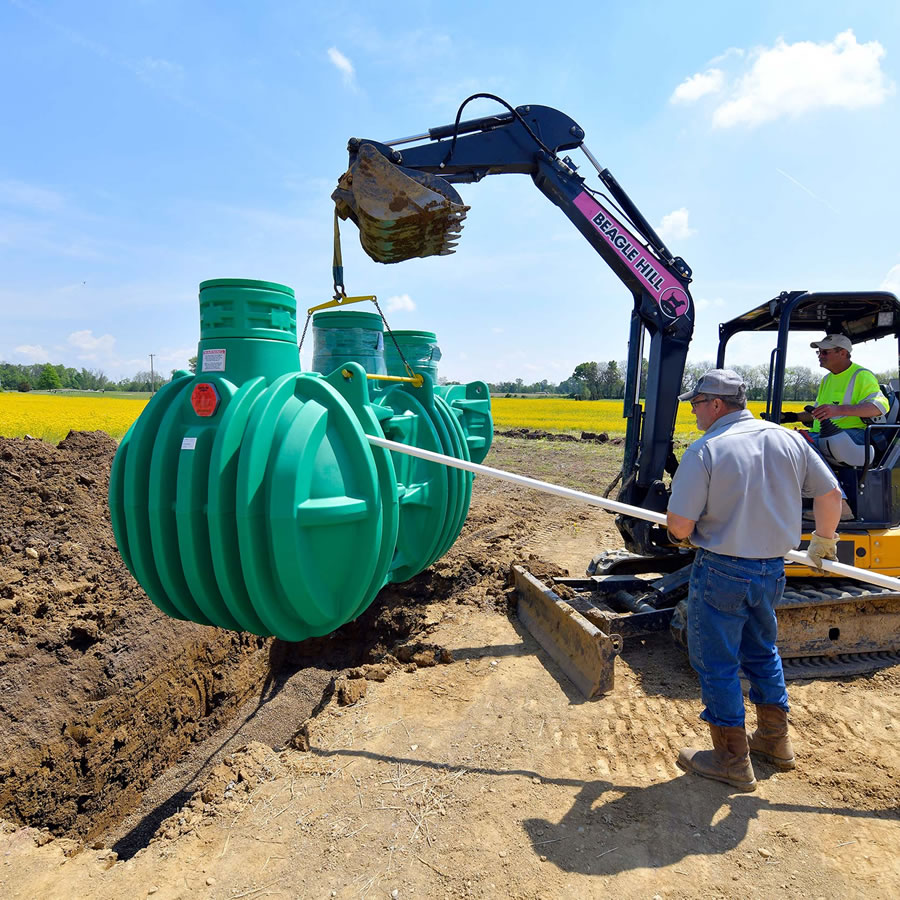
Septic tank installation is a significant investment for homeowners who don’t have access to municipal sewer systems. A well-functioning septic system provides a safe and efficient way to manage household waste, but it requires careful planning and maintenance to avoid costly problems down the road. Before you move forward with septic tank installation, there are several key things to consider to ensure the system functions effectively.
Before installing a septic tank, it’s essential to evaluate your property to determine if it’s suitable for a septic system. A licensed septic company will conduct a percolation test, which measures how well the soil absorbs water. The results of this test will help determine the best location for the tank and drain field. Additionally, local health departments typically require permits for septic tank installation, so it’s crucial to comply with local regulations before beginning the project. Hiring a professional septic company ensures that all necessary tests and permits are handled properly.
The size of your septic tank is another critical factor to consider. Septic tanks come in various sizes, and selecting the correct one depends on the size of your household and daily water usage. If your tank is too small, it may require more frequent septic tank pumping, which can become costly and inconvenient. Conversely, an oversized tank may not function efficiently if it's not being used to its full capacity. Professionals at Rooter Septic Services can assess your household’s needs and recommend the ideal tank size to ensure efficient operation and minimal septic tank repair costs.
Once your septic tank is installed, regular maintenance is essential to prevent system failures and prolong its lifespan. One of the most important tasks is septic tank pumping, which removes solid waste and prevents the tank from overflowing. Most septic tanks need to be pumped every 3 to 5 years, but the frequency can vary depending on your usage and tank size. Additionally, septic tank cleaning may be required if solids or sludge accumulate in the system. Regular maintenance from a reputable septic company can help prevent costly septic tank repair and ensure your system functions properly.
The drain field is a vital component of your septic system, responsible for filtering and dispersing the liquid waste from your tank into the soil. When installing a septic tank, it’s important to choose a location with adequate space for the drain field and ensure that the area is free from potential obstructions like trees or large structures. A clogged or damaged drain field can lead to backups and the need for septic tank repair. Properly maintaining the drain field through regular inspections and keeping the area clear can help extend the life of your septic system.
Septic tank installation is a significant financial investment, and it’s essential to budget not only for the initial cost but also for ongoing maintenance. Installation costs vary depending on factors like tank size, soil conditions, and local regulations.
By working with Rooter Septic Services, you can ensure that your septic tank installation is done correctly and complies with local regulations. Proper installation and maintenance will keep your septic system running smoothly for years to come.